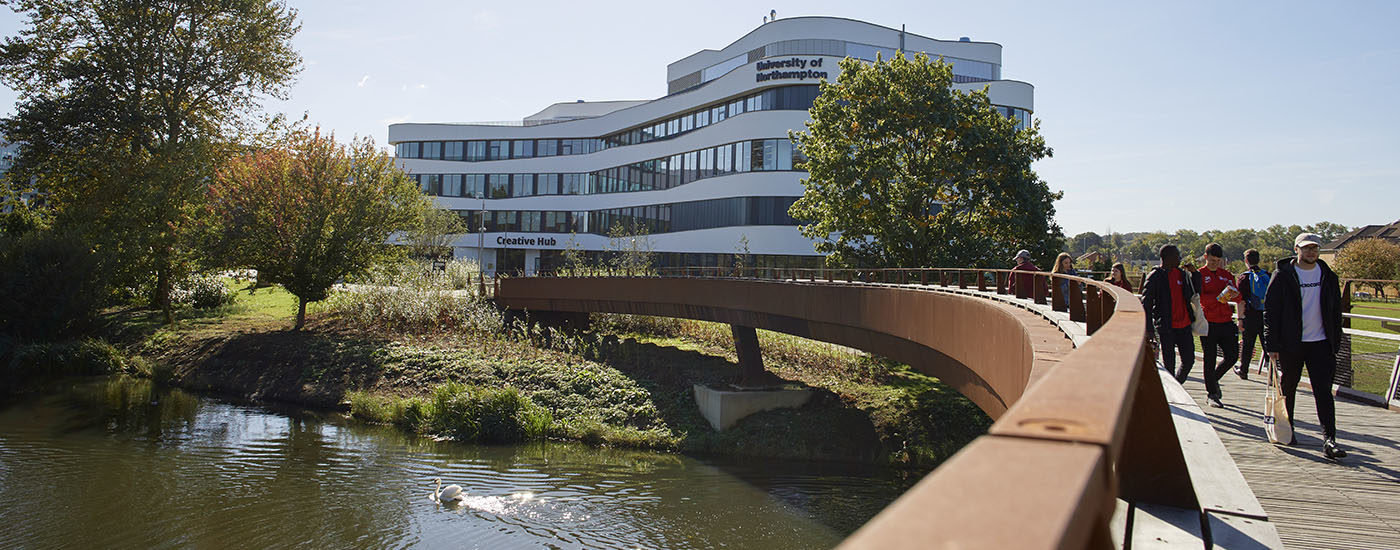Lecturer in Psychological Therapies
Faculty of Health, Education and Society

Postgraduate Diploma in Children and Young People’s Wellbeing Practice
Key Facts
-
Level
PostgraduatePG PGDip
-
Duration
Full Time
-
Starting
January, March
-
Funded by HEE
-
Waterside
Updated 09/04/2025
Updated 09/04/2025
Get in touch
For questions regarding study and admissions please contact us:
UK STUDENTS ENQUIRIES
Overview
The aims of this programme are aligned to the aims of NHS England and the UK Government’s Improving Access to Psychology Therapies (IAPT) for Children and Young People project (CYP IAPT). This curriculum has been developed as part of the Child and Young People Improving Access to Psychological Therapies programme (CYP IAPT), and complements other programmes offered at the University of Northampton in this training development. PWPs support Children and Young People with Common Mental Health problems (such as anxiety and depression) using evidence based Low Intensity Cognitive Behavioural Therapy approaches. Low-intensity CBT places a greater emphasis on parent and CYP self-management and are designed to be less burdensome and intensive for families than traditional psychological therapies. The overall delivery of these interventions is informed by behaviour change models and strategies.
Highlights
- To equip you with knowledge and skills needed to assess and engage children, young people and families experiencing a common mental health difficulty
- To enable you to deliver effective low intensity interventions with children, young people and families, informed by a critical and advanced understanding of contemporary research and evidence in child and adolescent mental health
- To enable you to collaborate effectively with children, young people and families, and with other professionals, in a multi-agency service context
- To develop and enhance your ability to reflect on their clinical practice, using a variety of methods including reflective models, supervision and observational feedback.
Entry Requirements
Academic
Essential:
- Undergraduate honours degree at 2:2 or above
- Good solid literacy and numeracy qualifications at a minimum of level 2
Desirable:
- Relevant Honours Degree (e.g. psychology, mental health, sociology etc.) graded at 2.2 or above.
Course Content
Fees and Funding
The course is fully funded by Health Education England (HEE) and students’ participation in the diploma is with the full support of their employer, who will nominate or employ students to undertake the diploma.




